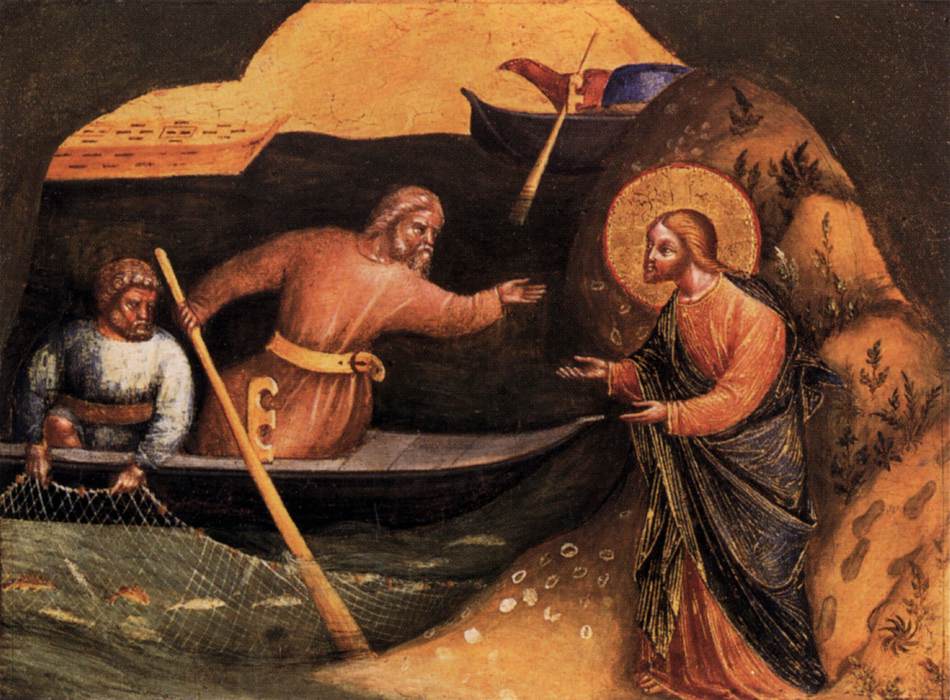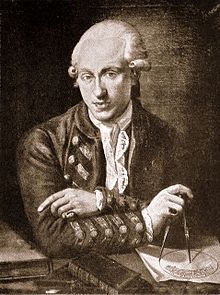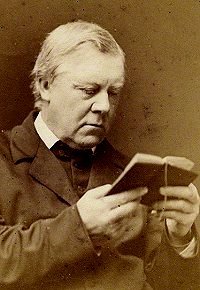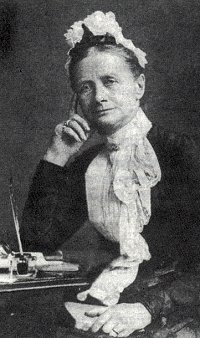Call of Andrew and Peter, Lorenzo Veneziano
Mount Calvary Church
Eutaw Street and Madison Avenue
Baltimore, Maryland
A Parish of the Roman Catholic Personal Ordinariate of St. Peter
Anglican Use
Rev. Albert Scharbach, Pastor
Epiphany III
8:00 AM Said Mass
10:00 AM Sung Mass
Prelude
Ach, Gott und Herr, J. G. Walther
Hymns
Hark! A thrilling voice is calling
Jesus calls us
Praise to the living God
Anthems
Lord, for thy tender mercy’s sake, Richard Ferrant
Salvator mundi, Thomas Tallis
Postlude
Alle Menschen müssen sterben – Johann Pachelbel
________________________________________________
Prelude
Ach, Gott und Herr, J. G. Walther
Johann Gottfried Walther (1684-1748) was a German music theorist, organist, composer, and lexicographer of the Baroque era. Not only was his life almost exactly contemporaneous to that of Johann Sebastian Bach, he was the famous composer’s cousin.
Here is Ludvík Śuranský.
Hymns
Hark! a thrilling voice is sounding is based on the Latin hymn Vox clara ecce intonat in a translation by Edward Caswall.
Stanzas 1-3 contain references to Christ’s first coming, but they can be used to celebrate his second coming as well. Stanza 4 surely refers to His second coming.
1 Hark! a thrilling voice is sounding;
“Christ is nigh,” it seems to say;
“Cast away the works of darkness
O ye children of the day!”2 Wakened by the solemn warning,
Let the earth-bound soul arise;
Christ, her Sun, all sloth dispelling,
Shines upon the morning skies.3 Lo! the Lamb, so long expected,
Comes with pardon down from heaven;
Let us haste, with tears of sorrow,
One and all to be forgiven;4 So when next He comes in glory,
Wrapping all the world in fear,
May He with His mercy shield us,
And with words of love draw near.
Here is St Johns, Detroit.
Here is the Latin original:
VOX clara ecce intonat,
obscura quaeque increpat:
procul fugentur somnia;
ab aethere Christus promicat.Mens iam resurgat torpida
quae sorde exstat saucia;
sidus refulget iam novum,
ut tollat omne noxium.E sursum Agnus mittitur
laxare gratis debitum;
omnes pro indulgentia
vocem demus cum lacrimis,Secundo ut cum fulserit
mundumque horror cinxerit,
non pro reatu puniat,
sed nos pius tunc protegat.Summo Parenti gloria
Natoque sit victoria,
et Flamini laus debita
per saeculorum saecula. Amen.
Here is the Gregorian setting.
Edward Caswell
Edward Caswall (1814—1878) was an Anglican clergyman. In 1850, his wife having died the previous year, he joined the Oratory of St. Philip Neri under the future Cardinal Newman, to whose influence his conversion to Roman Catholicism was due.
He was the son of Rev. R. C. Caswall, sometime Vicar of Yateley, Hampshire. Caswall was educated at Marlborough Grammar School and Brasenose College, Oxford, where he graduated Bachelor of Arts in 1836 with honours and later proceeded to Master of Arts. He was curate of Stratford-sub-Castle, near Salisbury, 1840–1847. In 1850, he joined the Oratory of St. Philip Neri. He died at the Oratory, Edgbaston, near Birmingham on 2 January 1878 and was buried at Rednal, near Bromsgrove, Worcestershire.
He wrote original poems that have survived mainly in Catholic hymnals due to a clear adherence to Catholic doctrine. Caswall is best known for his translations from the Roman Breviary and other Latin sources, which are marked by faithfulness to the original. His widely used hymn texts and translations include “Alleluia! Alleluia! Let the Holy Anthem Rise”; “Come, Holy Ghost”; “Jesus, the Very Thought of Thee”; “When Morning Gilds the Skies”; and “Ye Sons and Daughters of the Lord.”
_____________________________________________________
Jesus calls us; o’er the tumult is by Cecil Frances Alexander. It contains a revivalist note which was also part of the Oxford Movement, which emphasized the Catholic nature of the Church of England in order to call men to conversion and a holy life.
1 Jesus calls us; o’er the tumult
of our life’s wild, restless sea,
day by day his clear voice soundeth,
saying, “Christian, follow me;”2 as, of old, Saint Andrew heart it
by the Galilean lake,
turned from home and toil and kindred,
leaving all for his dear sake.3 Jesus calls us from the worship
of the vain world’s golden store;
from each idol that would keep us,
saying, “Christian, love me more.”4 In our joys and in our sorrows,
days of toil and hours of ease,
still he calls, in cares and pleasures,
“Christian, love me more than these.”5 Jesus calls us! By thy mercies,
Savior, may we hear thy call,
give our hearts to thine obedience,
serve and love thee best of all.
Cecil Frances Alexander (1818-1895) was born in Dublin. She began writing verse in her childhood, being strongly influenced by Dr Walter Hook, Dean of Chichester. Her subsequent religious work was strongly influenced by her contacts with the Oxford Movement, and in particular with John Keble, who edited one of her anthologies. Some of her hymns, e.g. “All Things Bright and Beautiful”, “There is a Green Hill Far Away” and the Christmas carol “Once in Royal David’s City”, are known by Christians the world over, as is her rendering of “Saint Patrick’s Breastplate”.
Alexander was involved in charitable work for much of her life. Money from her first publications had helped build the Derry and Raphoe Diocesan Institution for the Deaf and Dumb, which was founded in Strabane in 1846. The profits from Hymns for Little Children were also donated to the school. She was involved with the Derry Home for Fallen Women, and worked to develop a district nurses service. She was an “indefatigable visitor to poor and sick.” She was criticized, however, for her endorsement of the class system, as expressed, for example, in the original third verse of “All Things Bright and Beautiful”:
The rich man in his castle,
The poor man at his gate,
God made them high and lowly,
And ordered their estate.
Subsequent versions of the hymn omitted this verse.
_________________________________
Praise to the living God, like many hymns, has a complicated textual history.
1 Praise to the living God!
All praised be his Name
who was, and is, and is to be,
for ay the same.
The one eternal God
ere aught that now appears:
the first, the last, beyond all thought
his timeless years!2 Formless, all lovely forms
declare his loveliness;
holy, no holiness of earth
can his express.
Lo, he is Lord of all.
Creation speaks his praise,
and everywhere above, below,
his will obeys.3 His Spirit floweth free,
high surging where it will:
in prophet’s word he spake of old:
he speaketh still.
Established is his law,
and changeless it shall stand,
deep writ upon the human heart,
on sea, on land.4 Eternal life hath he
implanted in the soul;
his love shall be our strength and stay
while ages roll.
Praise to the living God!
All praised be his Name
who was, and is, and is to be,
for aye the same.
“Praise to the Living God” is an American Judeo-Christian hymn written in 1884 by Max Landsburg and Newton Mann. It was revised in 1910 by William C. Gannett.
Landsburg was a Jewish rabbi of German origin in Rochester, New York. In 1884, he approached Mann, a Unitarian minister, for assistance in adapting the British Methodist hymn “The God of Abraham Praise,” itself a loose and Christianized translation of the Jewish hymn “Yigdal,” into a more accurate and less Christianized translation of “Yigdal” for interfaith use. Mann wrote “Praise to the Living God” as a version of Yigdal that was suitable for use in both Jewish and Christian worship. However, in 1910, William C. Gannett was approached by Landsburg to revise the hymn. A revision was subsequently completed, despite Gannett claiming it was not his work, and the revised hymn first appeared in the Jewish Union Hymnal in the same year.
“Praise to The Living God” and its lyrics have often been combined with other hymns to create hybrids. In the 1930s, for example, “The God of Abraham Praise” was sung to a melody called “Leoni” which was composed by Myer Lyon and adopted by Thomas Olivers as the music for the hymn. In 1933, the editors of The Presbyterian Hymnal decided to replace “The God of Abraham Praise” with “Praise to The Living God” in the hymnal. In order to make the new hymn familiar to the congregation, they set it to the tune of the old hymn and substituted the first line of the old with the first line of the new. Consequently, several American hymnals until the 1980s misattributed “The God of Abraham Praise” to Landsburg and Mann instead of crediting Olivers.
______________________________________________________
Anthems
Lord, for thy tender mercy’s sake, Richard Ferrant
Lord, for thy tender mercy’s sake, lay not our sins to our charge, but forgive that is past, and give us grace to amend our sinful lives. To decline from sin and incline to virtue, that we may walk in a perfect heart before thee, now and evermore. Amen.
English musician, organist, choirmaster, and producer of plays, Richard Farrant was attached to the Chapel Royal, though not continuously, from the reign of Edward VI until he died in 1580. In 1564, he was appointed master of the Choristers and organist at St George’s Chapel. In 1576 he was appointed deputy to William Hunnis, Director of the Children of the Chapel Royal. His Morning, Communion, and Evening service (à 4) in A minor survives also in G minor. The fine short anthems Call to remembrance and Hide not thou thy face help to give Farrant a place in the musical history of the period out of proportion to his small output. Lord, for thy tender mercies’sake, sometimes ascribed to Farrant is more likely by Tye, or the elder John Hilton (d. 1608). Farrant converted Blackfriars, the old monastery, into a private theatre in 1574.
Here is the Kempen Boy’s Choir.
________________________
Salvator mundi, Thomas Tallis
Salvator mundi, salva nos, qui per crucem et sanguinem redemisti nos, auxiliare nobis, te deprecamur, Deus noster.
O Savior of the World, who by thy cross and precious blood hast redeemed us, save us and help us, we humbly beseech Thee, O Lord.
Here are The Sixteen.
_______________________________________________
Postlude
Alle Menschen müssen sterben, Johann Pachelbel
This cheerful melody for the chorale All men must die provided the tune SALZBURG for hymn No. 89 in our hymnal, At the Lamb’s high feast we sing.
Here are the variations.



